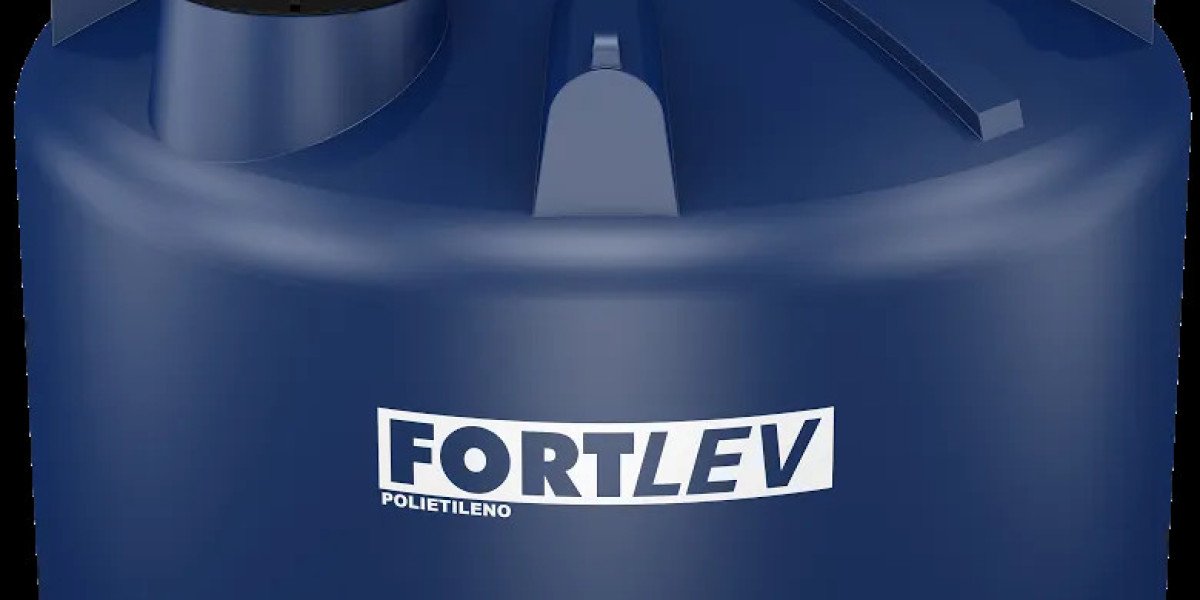As the demand for renewable energy sources continues to grow, microinverter technology for solar energy has emerged as a game-changer in the solar industry. This innovative technology offers numerous advantages over traditional string inverters, making it an essential consideration for anyone looking to invest in solar energy.

Understanding Microinverter Technology
Microinverters are small devices that convert the direct current (DC) generated by individual solar panels into alternating current (AC), which can be used by your home or fed back into the grid. Unlike traditional string inverters that connect multiple panels together, microinverters operate independently. This independence allows for greater flexibility and efficiency in solar energy systems.
Key Benefits of Microinverter Technology for Solar Energy
- Enhanced Energy Production: Microinverters optimize the output of each solar panel individually. This means that if one panel is shaded or underperforming, it does not affect the performance of the others.
- Improved Monitoring: With microinverter technology, homeowners can monitor the performance of each panel in real-time. This feature allows for quick identification of issues, ensuring that your solar system operates at peak efficiency.
- Increased System Lifespan: Microinverters typically have a longer lifespan compared to traditional inverters. Many come with warranties of 20 years or more, providing peace of mind for your investment.
- Scalability: If you decide to expand your solar system in the future, microinverters make it easy to add more panels without needing to replace existing equipment.
Why Choose Microinverter Technology for Your Solar System?
Choosing microinverter technology for solar energy can significantly enhance the overall performance of your solar system. For instance, if you live in an area with variable weather conditions, the ability of microinverters to maximize energy production from each panel can lead to substantial savings on your energy bills. Additionally, the monitoring capabilities allow you to track your system's performance, ensuring that you are getting the most out of your investment.
Conclusion: The Future of Solar Energy
In conclusion, microinverter technology represents a significant advancement in solar energy systems. Its ability to optimize energy production, provide detailed monitoring, and offer scalability makes it a superior choice for homeowners and businesses alike. If you are considering solar energy, it is essential to explore the benefits of microinverters further. For more information on microinverter options, visit  .
.







